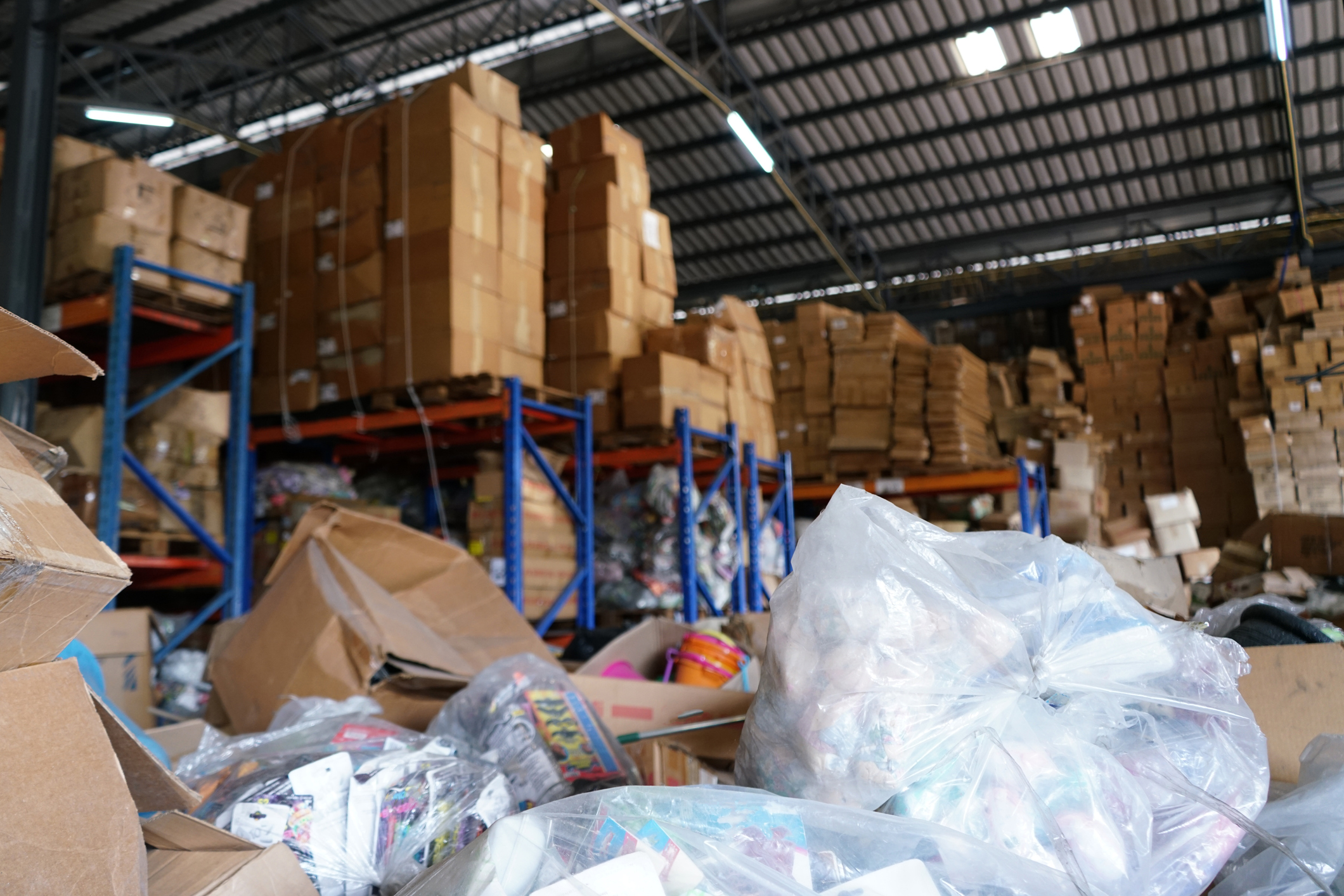While today’s supply chain helps keep the world moving, almost eight percent of stock is perishing or being discarded at an estimated cost of USD$163 billion annually.
Dave Cashmore, GM of PalletEarth, says that this scale of waste is preventable. “The sad fact is that the supply chain is one of the biggest contributors to waste around the world. It is critical that we take steps to address the causes of this waste – to not only reduce the cost to businesses, but more importantly to reduce unnecessary impact on the environment.”
The first in a series of whitepapers, PalletEarth’s Supply Chain Waste: a preventable billion-dollar problem, concisely outlines the issue at hand as well as the simple steps businesses can take.
The seven preventable causes of losses include: temperature and humidity deviation, long dwell times, damage, theft, inadequate packaging and poorly managed inventory.
Perishable products are the most affected, with an estimated third of all produced food lost between the farm and table. “If we reduced this waste by just a quarter, we would increase the worlds food supply by eight percent,” says Cashmere, “meaning we could both produce less and ship less food around the world.”
Carl McInerney, PalletEarth’s UK & Europe sales director, says it isn’t limited to items with a short shelf life, with the issue extending across medical supplies, personal care, automotive and apparel. “For the pharmaceutical industry it is understood that failures in temperature-controlled logistics result in USD$35 billion in preventable losses each year.”
Across the retail sector in North America its estimated that bad processes – such as inadequate refrigeration or poor communication and processes between parties – leads to losses totalling approximately USD$285 billion.
McInerney says there are some simple steps businesses can take to reduce preventable waste, while also improving their sustainability and profit margins.
“Businesses need to have visibility of their goods. Tracking systems give real-time visibility of where product is and the condition it is in, offering robust data to inform wider efficiencies such as predicting future demand and preventing overproduction.
“It is also important to not cut corners. Our research found that short term savings from cheap packaging or inexperienced freight partners can result in unnecessary damage and cancelling out any potential savings.”
Since launching last year PalletEarth is out to challenge the worlds traditional supply chain infrastructure and use of wooden pallets, with its new generation of sustainable and trackable pallets.
Made from fully recycled, and recyclable plastic, with a robust inner steel frame to protect goods through transit and air holes help keep fresh produce fresh. The pallets are also 100 percent ISPM15 compliant at all times and are fully trackable.
“Our built-in tracking allows full visibility of products throughout the entire transport system, helping to cut losses due to goods perishing – while the strength of our pallets help to ensure produce is at its best possible quality on arrival,” says McInerney.
PalletEarth is on a mission to change the way businesses move product from A to B with technology and data at the heart of its systems. “We provide businesses with sustainable supply chain solutions that drive down cost, consumption and carbon,” he adds.
A full copy of the ‘Supply Chain Waste – a preventable billion-dollar problem’ white paper can be found on the website www.palletearth.com.




